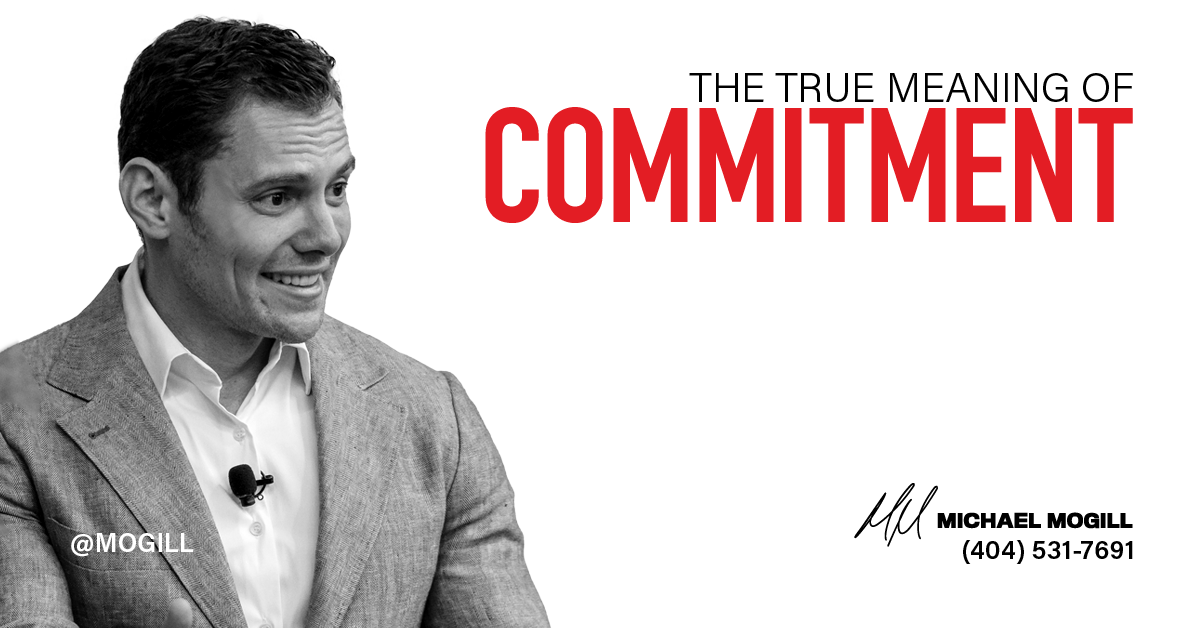Businesses don’t get destroyed by sledgehammers. They get destroyed by paper cuts.
Let me explain what I mean. During our company all-hands meeting at the end of last year, I told our team: “It’s not the big things that wipe out a business. One or two bad decisions won’t be what sinks us. It’s the micro decisions we make every day that matter most. If you get going in the wrong direction and keep going that way, before you realize it, you’ll find yourself so far off course that the business is lost.”
Keep in mind, I said this to them after we’d just wrapped our best year in company history! That’s exactly why I said it, though: success can breed complacency. The little things add up to become the big things, so if you become content to let the little things slide, they have the potential to add up and take your whole business under.
I emphasized to our team that we have a good thing going. Crisp has grown year over year, but unless we focus on doing things even better and not getting complacent, it can quickly go the other way. We can never believe that “we’ve made it” and start drinking our own champagne. If that were to happen, we’d stop doing the little things that would make us better and our growth would be quickly undone. Here’s how you can avoid death by a thousand paper cuts.
Why We Don’t Spot the Paper Cuts
I always shake my head when I see kickers in football being blamed for a loss because they missed a kick at the end of the game. It wasn’t the kick that cost the team the game—it was the numerous decisions during the game where things broke down that put the team in a place where it was dependent on a field goal to win. Sure, the kicker missed the kick. But there were other times during the game when his teammates didn’t hold up their end of the bargain.
The kicker gets blamed because his missed kick is the sledgehammer. It’s the big obvious thing people point to because it’s easier than popping the hood to see what actually led to failure or defeat.
Paper cuts can be hard to spot. They can happen at any time, and unless you’re looking for them, they will go unnoticed. As a leader, you know the big decisions coming up that you have to make. What about the tiny decisions that your team members make every day on behalf of your organization? What are you doing to make sure those decisions are handled with utmost care and consideration? A tiny error made by one person is fixable. A tiny error made consistently by an entire team can lead to disaster.
One safeguard against complacency is valuing attention to detail. When you prioritize the small things in every instance, paper cuts become less frequent. Attention to detail is one of our top priorities at Crisp. Let’s look at a couple examples of how this value works in action.
Great Expectations Lead to Great Experiences
One point I hammer home time and again with my team is taking pride in the work we do. Here’s what I mean by that: if you wouldn’t share your work on social media or with your friends and family, why would you ever share it with a client? If your work is sloppy, error-filled, or the small details are lacking, you definitely won’t be proud of it and neither will the client.
We never compromise on the details; they’re too important. We also don’t take for granted the importance of each project. It might be the 100th video we’ve done that year, but for the client, it might be the first video they’ve ever had made, and it’s going to make an exponential impact on their business. “Every single one matters” is not just a mindset—it’s the reality.
Our Game Changers Summit is also about attention to detail. You can’t throw a world-class law firm growth conference unless you tend to all the details. That means making sure every touch point is first class: the check-in table, what we do during breaks, the energy we bring to the event. You might leave the conference and not remember everything a speaker said, but you will remember what your experience was like. I can guarantee you that.
We’re like the SEAL Team Six of attention to detail with our events. The hotel key cards are branded with the logo. We have an app that’s packed with all the information our guests need. Our t-shirts aren’t itchy cotton or oversized. They’re high-quality and come in your exact size. We even have meals prepared that account for the dietary needs of over 1,500 people.
We even take ownership of the details that we aren’t directly responsible for. One year we had a guest who posted on social media that his room service meal arrived cold. A team member saw the post and we sprang into action. We got his room comped, and when we found out that his wife was with him and it was their anniversary, we sent them a bottle of wine.
That was one paper cut. We scour to find these types of things because we want everyone to have a world class experience. We can’t do that if we ignore the small details.
It’s Not Just About Customer Service
Paper cuts might be more noticeable when dealing with clients, but you must look out for them in every area of your business. If you see something off culture and do nothing, that becomes the new culture. If you don’t address something that’s below standard, you’ve set a new standard.
When you stop obsessing over the details, you set yourself up for failure points. It doesn’t matter how many clients you have or how much revenue you’re bringing in.
When you believe success will last forever, you can develop blind spots that cause you to miss the holes (leaks) that let water into the ship. Or, if you do see them, you may believe they’re too small to make an impact. Eventually, by failing to address the “little” things, your ship sinks.








